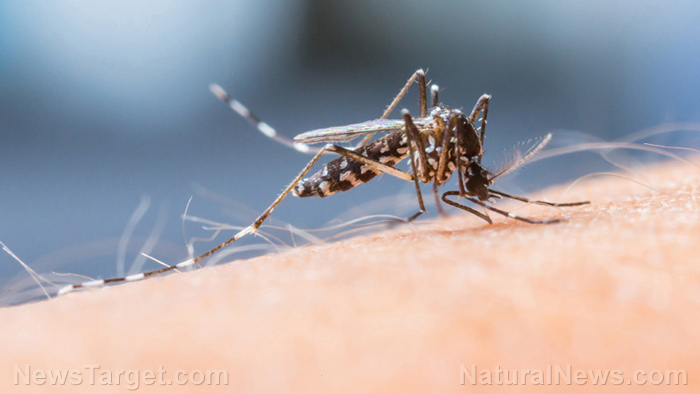
Because as many as one in four people with the virus never show symptoms, according to experts, its spread can go unnoticed. Consequently, the CDC wants to try to stop this by having Americans wear coverings over their faces to supposedly help minimize risk.
"It's going to become a super common thing that you see," claims Natalie Ikeman, a physician assistant at Hennepin Health Care, about the use of face masks in America. "The typical masks that we use in the clinics are the simple surgical masks and these also provide significant protection," she claims.
After earlier claiming that people shouldn't wear face masks because they don't actually work, the CDC, much like the Trump administration, is shifting its rhetoric to claim the opposite.
"They don't know they're sick but they're going out and they're giving it to others," says Dr. Tom Inglesby, Director of the Johns Hopkins Center for Health Security, about asymptomatic Wuhan coronavirus (COVID-19) carriers who are likely spreading the disease to others without even knowing it.
"If we can cover their nose, cover their mouth with a mask then we're going to diminish the chance that they're going to cough droplets into the air and diminish the chance of spreading infection."
Listen below to The Health Ranger Report as Mike Adams, the Health Ranger, talks about how what we really need isn't a push for more face masks, but rather a nationwide campaign about the health benefits of zinc, which has been shown to be effective against coronaviruses:
Surgeon General: Face masks can actually INCREASE infection risk
In Ikeman's view, even a homemade mask made from tattered bed sheets or some old rag is "better than nothing," even though it might not be an official N-95 mask or a clinical-grade hospital mask.
However, Surgeon General Dr. Jerome Adams disagrees, warning that improper face masks can actually increase one's risk of contracting and spreading the Wuhan coronavirus (COVID-19), meaning it would be better if some people didn't wear face masks at all.
"Wearing a mask improperly can actually increase your risk of getting disease," says Dr. Adams. "It can also give you a false sense of security."
Other doctors also question the legitimacy of face masks, as there doesn't currently exist much scientific support for the practice being implemented on a national scale. How much these cloth coverings actually filter out viruses remains largely unknown, in other words.
Ikeman, recognizing that not everyone in the medical field is on board with her beliefs, did admit that it's probably best not to take any drastic action at this point because the science really isn't settled on the matter.
"Hold off for a second and let's see what their recommendations are," she further stated about waiting for the CDC to make a proper determination. "Let's not create another toilet paper issue again."
The White House is also said to be on the verge of issuing new face mask guidelines, which previously discouraged all non-health workers from wearing them at all. President Trump has already indicated that such a change would not mean that wearing a face mask is mandatory.
"If people wanted to wear them, they can," Trump is quoted as saying. "In many cases, the scarf is better, it's thicker."
To keep up with the latest news about the Wuhan coronavirus (COVID-19), be sure to check out Pandemic.news.
Sources for this article include:
Please contact us for more information.





















